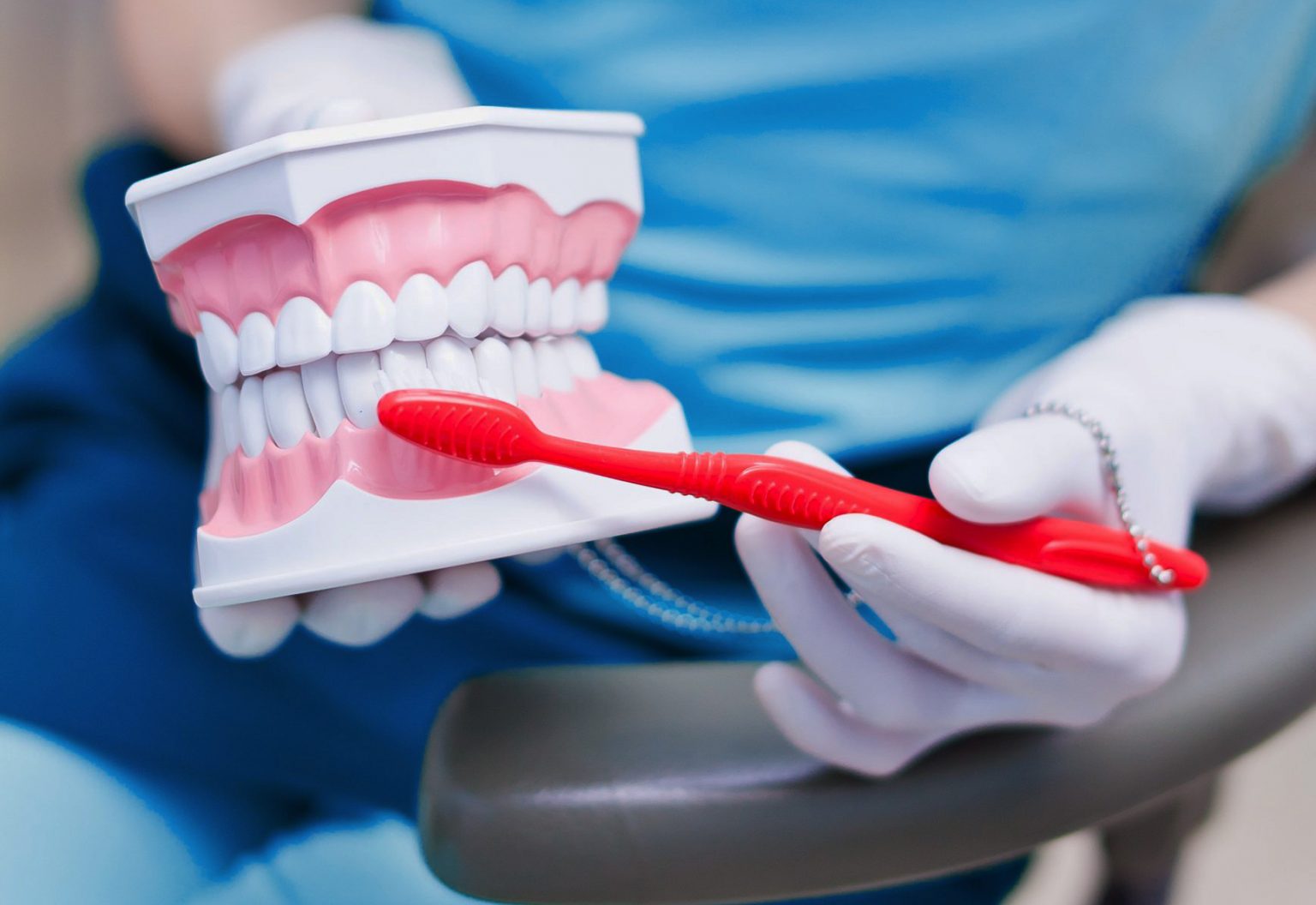The Pathway to Health: Uncover the Value of Dental Health

Dental health is often overlooked in talks about overall wellness, but it plays a critical role in our physical and mental well-being. Many people might not be aware that what happens in our mouths can greatly influence other aspects of our health. From our ability to speak and eat comfortably to the way we present ourselves to the world, maintaining good oral hygiene improves our quality of life in many ways.
The mouth serves as the gateway to our bodies, and neglecting oral health can cause a range of systemic issues. citydent.lt as heart disease, diabetes, and respiratory infections are linked to inadequate oral hygiene. By focusing on oral care, we can not just prevent dental problems like cavities and gum disease but also safeguard our total health. Recognizing the value of oral health is the first step toward a better life.
A Link Among Oral Hygiene & Overall Well-being
Maintaining good oral health is never just about achieving a bright smile; it holds a crucial role in your general wellness. The mouth functions as a pathway to the body, and poor oral hygiene can cause numerous health problems. When harmful bacteria from dental problems such as gum disease or tooth decay invade the bloodstream, they can lead to systemic diseases like heart disease, diabetes, and respiratory infections. This highlights the value of consistent dental check-ups and proper oral care as essential practices for enhancing overall health.
Moreover, oral health can significantly impact one’s quality of life. Problems such as persistent pain from dental problems, bad breath, or missing teeth can impact self-esteem and social engagement. People with bad oral health may find themselves isolating from social situations, which can result in feelings of loneliness and depression. On the other hand, taking active steps to improve oral health merely enhances one's appearance but also builds confidence and positive interpersonal connections.
Ultimately, there is a increasing recognition of the interdependence between oral health and overall wellness in the healthcare sector. Increasing evidence indicates that tackling oral health can lead to enhanced outcomes in other areas of health. Efforts that include oral health education and preventive strategies into standard health care support a holistic approach to wellness, ensuring that more people appreciate the crucial role their oral health has in shaping their overall health and well-being.
Frequent Oral Hygiene Concerns & Their Impact
Oral hygiene concerns can present in different forms, with cavities being one of the most frequent. Cavities, caused by the decay of dental surface due to acids secreted by microorganisms, can lead to intense pain and disease if not addressed promptly. Individuals with unaddressed cavities may experience difficulties in eating, talking, and maintaining overall comfort. Additionally, cavities can escalate to graver conditions, such as dental abscesses, which require surgical treatment and can lead to tooth loss if not managed in time.
Periodontal disease is an additional significant concern related to oral health. It begins with gum inflammation, characterized by inflammation and hemorrhaging of the gums, and can progress to severe gum disease, which involves the adjunct structures of the dental arches. This issue not only leads to dental mobility and loss but can also have major repercussions on one’s general health. Studies suggests that there is a correlation between periodontal disease and multiple overall conditions, including heart disease and diabetes, emphasizing the link of oral and overall well-being.
Bad breath, or halitosis, can also be a common oral health issue that impacts confidence and social interactions. Often a result of poor oral hygiene, dry mouth, or root health problems, persistent bad breath can lead to shame and reluctance to engage in social situations. Tackling halitosis requires a holistic approach that includes improved oral hygiene practices and regular dental checkups to confirm that potential underlying causes are adequately managed.
Tips for Maintaining Good Oral Hygiene

Maintaining excellent oral hygiene is essential for total health and well-being. Begin by brushing your teeth at least twice a day with fluoride toothpaste. Employ a soft-bristled toothbrush and make sure to brush for 2 minutes, making sure you cover all surfaces of your teeth. Remember to brush your tongue as well, as bacteria can build up there and impact your breath. Frequently replacing your toothbrush every three to four months is also important to ensure effective cleaning.
Using dental floss every day is crucial to get rid of food particles and plaque from areas that your toothbrush cannot reach. Create it a habit to floss before brushing your teeth. This assists to prevent gum disease and cavities between your teeth. Contemplate using mouthwash for an extra boost in freshening your breath and killing bacteria. Selecting an antibacterial mouthwash can additionally aid in reducing plaque buildup and promoting better gum health.
Finally, regular dental check-ups and cleanings are essential to maintaining good oral health. Try to visit your dentist at least six months for a professional cleaning and examination. Your dentist can identify any potential issues early on and provide customized advice custom-fit to your oral health needs. Combining these practices will not only contribute to a shiner smile but will also greatly contribute to your overall health and wellness.
